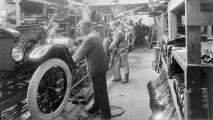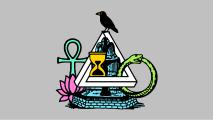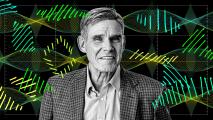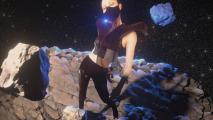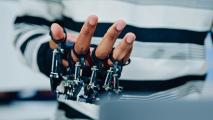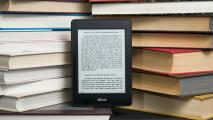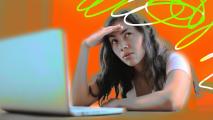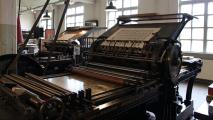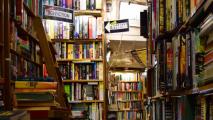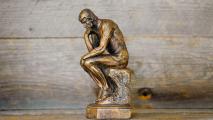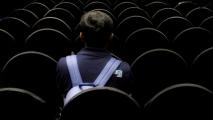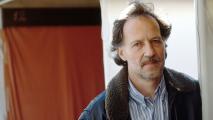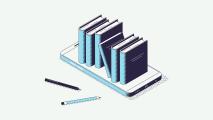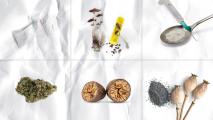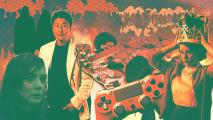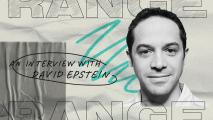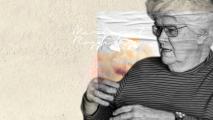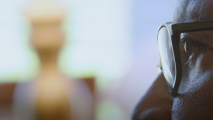Field: Books
How Ford built “an efficiency engine” around the Model T
An excerpt from author and structural engineer Brian Potter's forthcoming book, "The Origins of Efficiency."
Groundhog Day and other eternal nightmares: Five philosophical takes on living forever
From eternal recurrence to techno-dualism, five philosophical visions of immortality — and why most paths to forever end badly.
Forget just living longer. Eric Topol wants to help Americans live better, too.
In "Super Agers," the writer and medical researcher maps a path to extending healthspan with AI, targeted drugs, and lifestyle changes.
World’s first nuclear electricity influencer envisions a “Rad Future”
An excerpt from "Rad Future: The Untold Story of Nuclear Electricity and How It Will Save the World" by Isabelle Boemeke.
In humanity’s dance with technology, people lead. Always.
As the history of tech demonstrates, we do not have to simply accept and adapt to AI. We can, collectively, choose what to do with it.
How the Internet Archive’s “Free Digital Library” fell to the “fair use” test
The U.S. Court of Appeals for the 2nd Circuit has found the Internet Archive to be in violation of federal law. Here's why.
How an H.G. Wells sci-fi novel predicted Oppenheimer and atomic bombs
The “atomic bombs” in H.G. Wells’ 1914 novel The World Set Free influenced a pioneer of real-world nuclear weapons: physicist Leó Szilárd.
Neuroscience shows that speed reading is bullshit
Speed reading programs claim to teach students how to read more quickly without reducing comprehension. Research shows that they don't work.
If you have a complex project, follow “Gall’s law” — or it will fail
Success can be based on the fundamental observation that working complex systems arise from working simple systems.
People destroyed printing presses out of fear. What will we do to AI?
Just like today with AI, people worried about the printing press' effect on job security and the spread of disinformation.
Science fiction books that predicted the future with terrifying accuracy
Science fiction writers have anticipated a variety of modern inventions, from cars to organ transplants. Some books barely seem like fiction.
Why changing your mind is a feature of evolution, not a bug
Reasoning by yourself is a much weaker tool than contributing your reasoning to a group and being flexible to changing your mind.
How to be happy: Aristotle’s 11 guidelines for a good life
In his Nicomachean Ethics, Aristotle proposed that humans are social, rational animals who seek to “live well.”
An ancient technique can improve your attention span
Life's modern distractions, such as news and social media, have overwhelmed our evolutionarily designed attention spans.
Is your mind just a parasite on your physical body?
What if there is nothing special about self-awareness? What if it is just evolutionary dead weight, bound to disappear soon?
People who read live longer than those who don’t, Yale researchers say
A study by Yale researchers finds that reading books in particular returns cognitive gains that increase longevity.
“Read 2,000 books”: Werner Herzog’s advice on reading
In the past, Werner Herzog has stated that you can't be a filmmaker without a regular reading habit, from Hemingway to Norse mythology.
Series|
Catalysts
Open source textbooks save students $1 billion
In partnership with Stand Together
Many college students’ ability to realize their full potential is hampered by insurmountable expenses, so OpenStax is turning the tide by providing access to free textbooks.
Series|
Dope Science
The Drug Users Bible: A guide to safe drug use
Over a 10 year period, Dominic Milton Trott self-administered 157 psychoactive drugs and documented his experiences on each one. He then created the book, The Drug Users Bible, to inform curious minds about safe drug use.
Freethink staff picks: Best of 2019
Fear of missing out on some of the year's most loved shows, books, and games? Here's a quick list of what the team at Freethink enjoyed most in 2019.
Generalist vs. specialist: Which is the best path to success?
How many Mozarts and Tiger Woods are there in any given generation? A generalist himself, bestselling author David Epstein says you have to give yourself permission to choose the wrong pursuit or work in a job that’s not your ultimate dream career. These small “failures” are actually major learning experiences that help you inch closer to greatness.
Female scientists were written out of history books. margaret rossiter changed that.
Margaret Rossiter has made it her lifework to spotlight female scientists who were written out of history books through systematic censorship. Read our Q&A with this groundbreaking historian.
Who will save your parent’s life story?
When her dad had Alzheimer’s, this journalist wrote his life story to help his caregivers understand him. Now, she’d doing the same for hundreds more.
